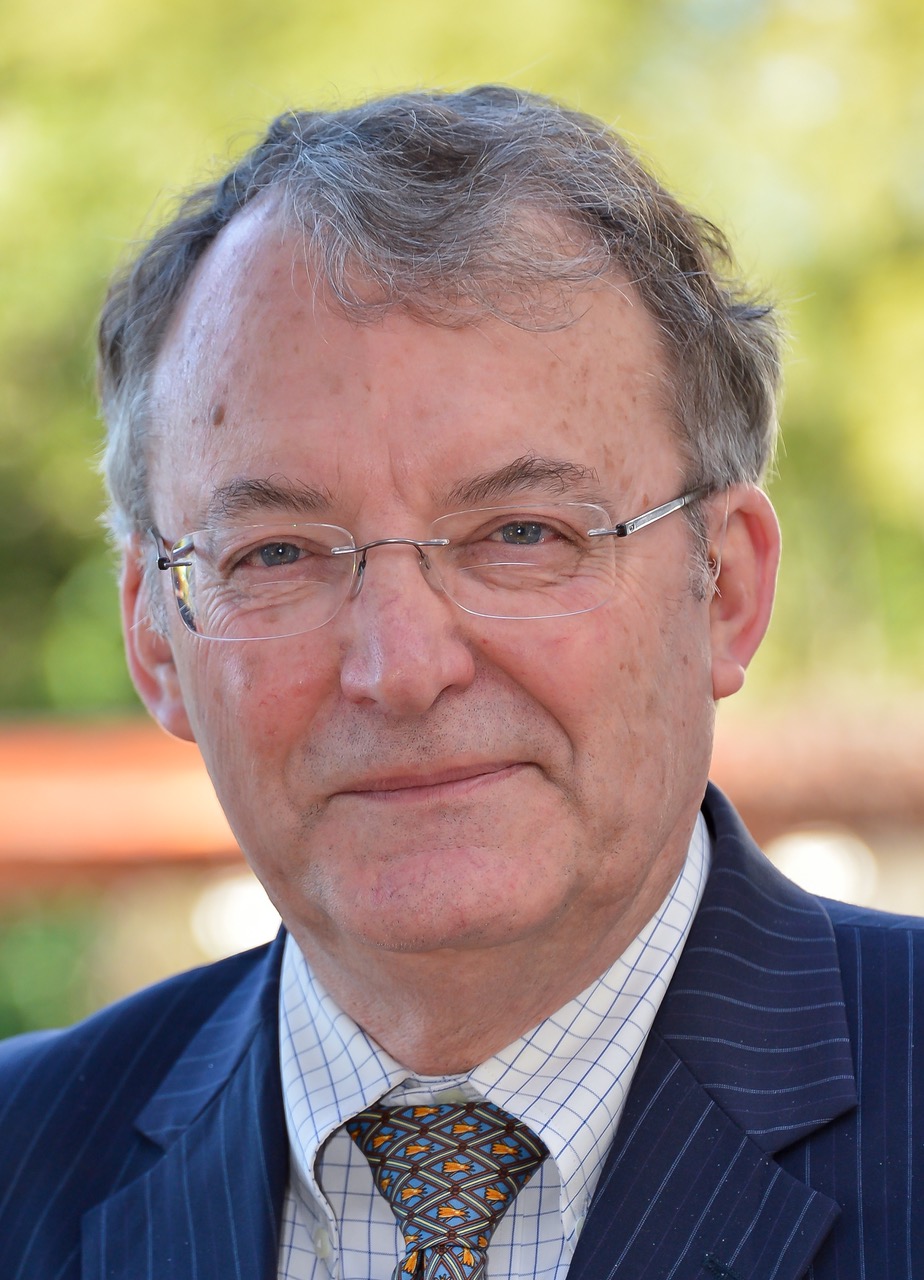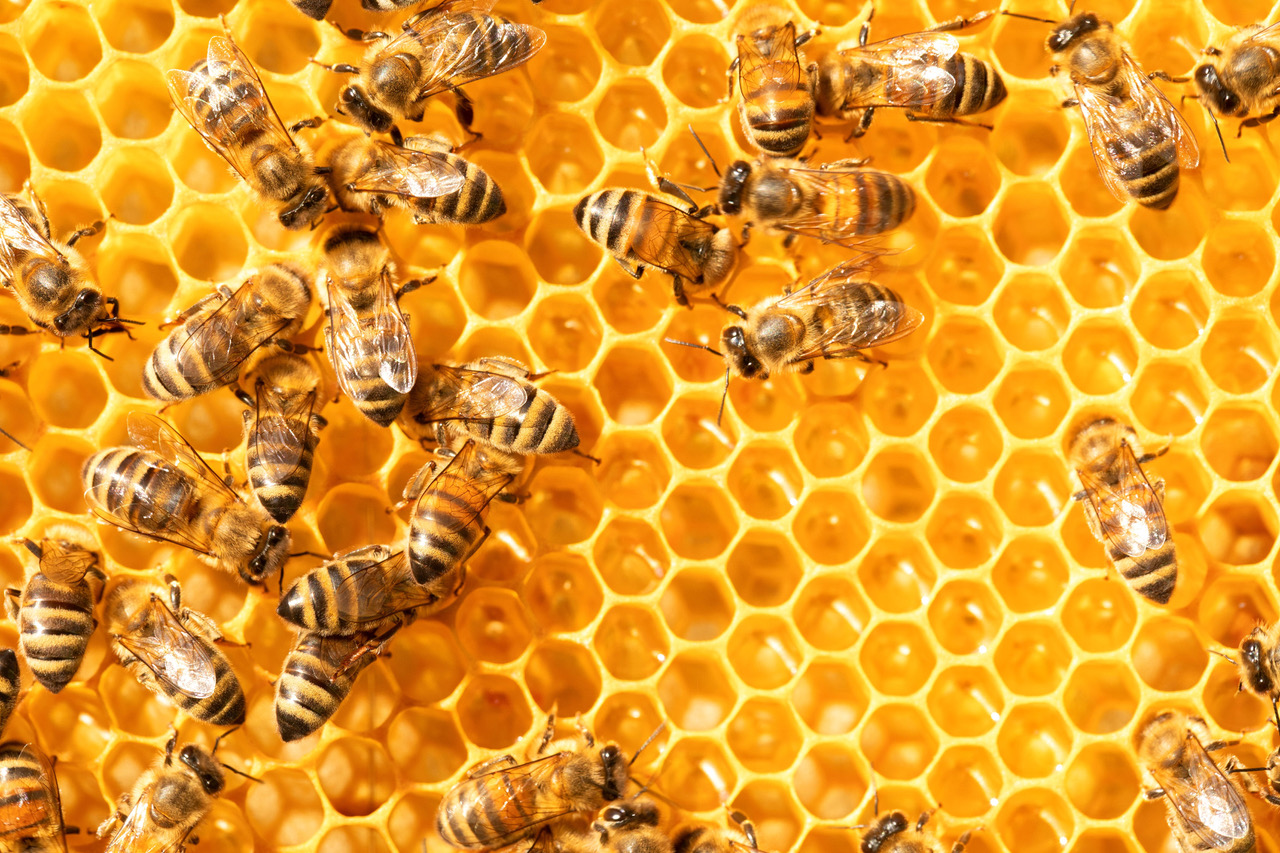Professor Robin Crewe from UP has just received one of the biggest scientific honours in the country – the John F.W. Herschel Medal from the Royal Society of South Africa.
Pretoria, South Africa (14 November 2025) – It’s the Society’s highest award, given only to scientists whose work has truly shaped the future of knowledge in SA. This year, that recognition goes to a man who has spent his life helping us understand the honey bee.
Professor Crewe’s work spans more than fifty years, reaching back to when the study of bee communication was still a young field. His fascination with bees started when he was a young student in the ’70s.
At the time, the study of how bees use chemical signals to communicate was still in its early days, and that mystery hooked him. He went on to complete his PhD in the United States before returning home, where he began teaching and researching at the University of Natal, and later at Wits University, where he founded the Communication Biology Research Group.
“The study of the highly developed chemical communication systems in honey bees was in its infancy then, in the early 1970s. It intrigued me, and it led to my life-long research,” says Professor Crewe.
By the time he joined the University of Pretoria in 1997 as Dean of Natural and Agricultural Sciences, he had already built a reputation as one of the country’s leading voices in bee science. He later served as a Vice-Principal at UP, led the Academy of Science of South Africa, and established the university’s Social Insects Research Group.

Today, he continues his work as a senior research fellow at UP’s Centre for the Advancement of Scholarship. Professor Crewe looks at the chemical ‘language’ honey bees use.
Their societies are almost entirely female, made up of thousands of workers supporting a single queen. Male drones appear only to mate. Social order amongst the honey bees is maintained through chemical signals. The queen communicates her health and fertility, workers signal danger or swarm movements, and colonies react instantly to these cues.
“The signals are detected via the bees’ antennae. We use electro-physiology to insert very fine electrodes into the nerves of the antennae of the bee in order to detect their responses to the chemical signals they are smelling and the way in which this affects the physiology and behaviour of the colony,” explains Professor Crew.
What makes his work so important is that bees are far more than honey producers – they’re essential pollinators that keep OUR food systems running.
“It is crucial for us to understand bees – and in particular honey bees – because our fate as humans and their fate as bees are inextricably intertwined. The immediate effect of the loss of honey bees would be a dramatic decline in food production and hence large-scale food shortages that would likely lead to famine,” he shares.

Professor Crewe has studied everything from how queens mate to how worker bees communicate through ‘dance,’ and even why some bees, much like us, are sometimes busier and at other times lazier than others.
“As with humans, some of the worker bees are very busy, some are lazy, and some even cheat on the job. Studies have shown that some bees can spend up to 40% of their time in a hive doing nothing. Some are purely part of a hive’s reserve force, and put to work only when there is lots of nectar to be collected and processed.”
His group plays a major role in global efforts to protect bee populations, contributing to international networks such as COLOSS, which focuses on preventing colony losses worldwide. Professor Crewe is also currently writing a book about the unique biology of the Cape honey bee, which he aims to complete in 2026.
A lifetime spent listening to the honey bees has now earned him one of the country’s greatest scientific honours. The award shines a light on the big role bees play in our survival, and the research being done on local grounds to understand and protect them.

